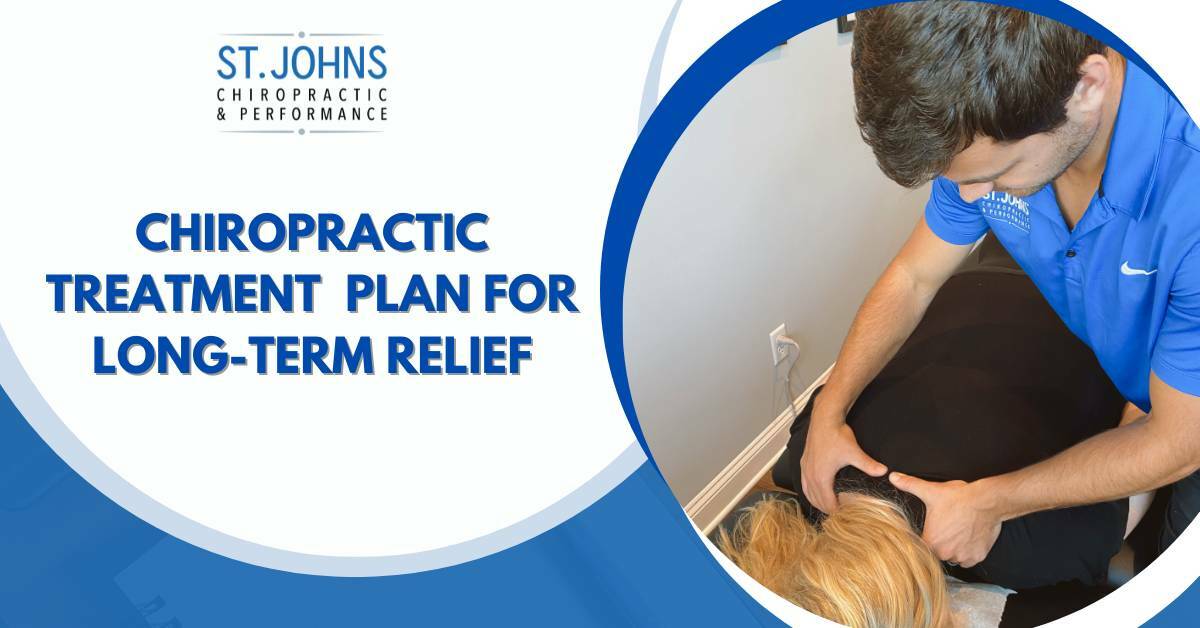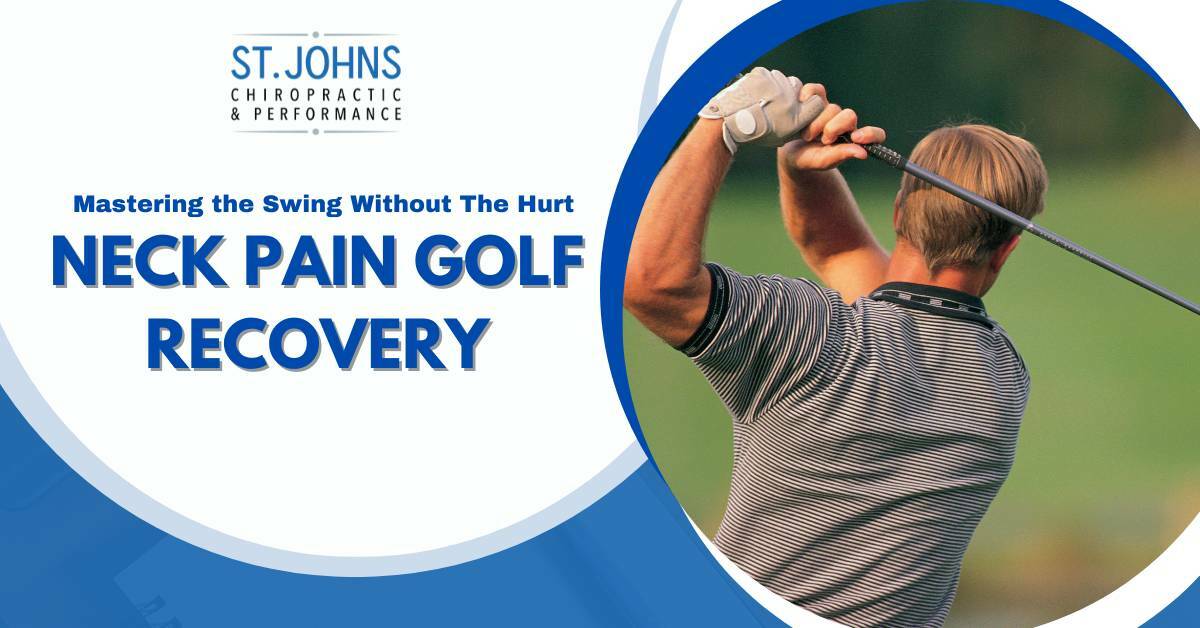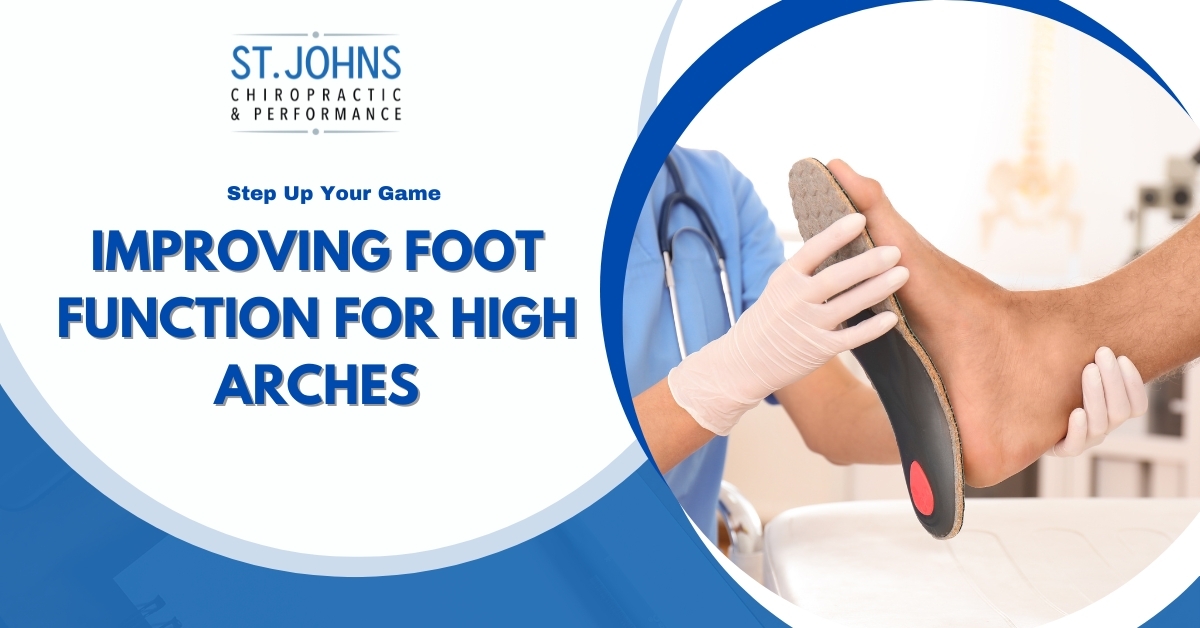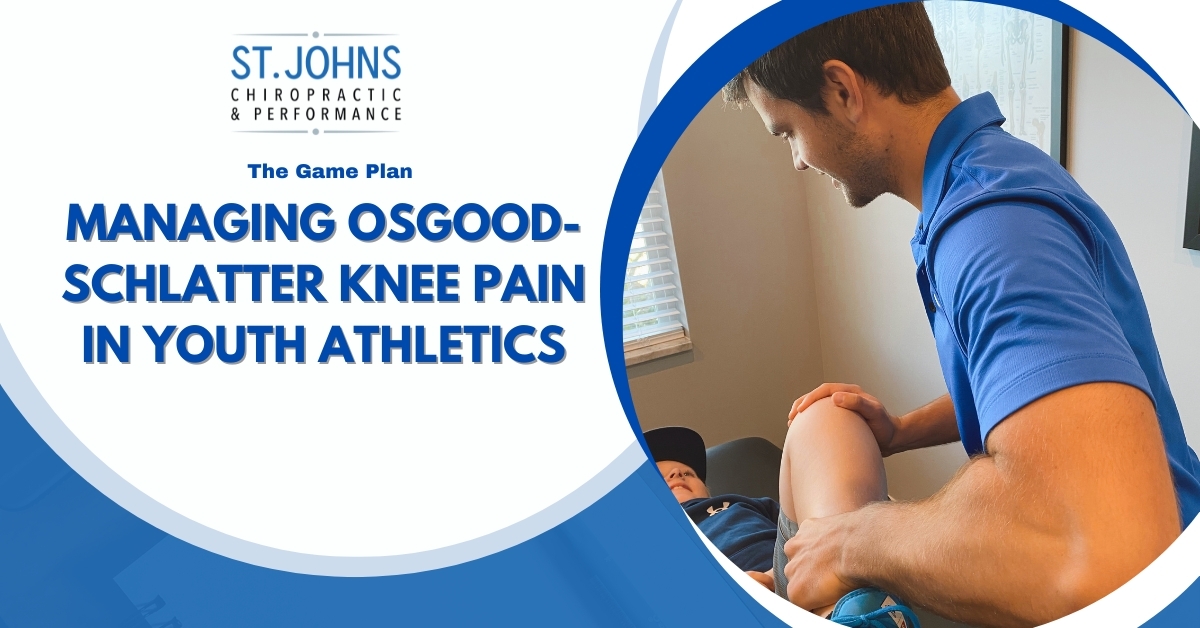Many people struggle with persistent low back pain that does not seem to go away. When the low back pain does go away, it is short-lived and seems to come back rather quickly. Many of these people have tried “everything” and their belief is that they must need surgery in order to gain lasting relief!
Today’s myth in the chiropractic or health field is that your chronic or persistent low back pain needs surgery, and that you won’t get better unless you do have surgery.
Persistent low back pain is defined as low back pain lasting longer than 12 weeks in duration. Like previously mentioned, many have went through the frustration of dealing with low back pain on a regular basis and believe that this persistent low back pain will not get better unless they have surgery since they’ve had it for so long.
While this belief is valid and understandable; we have good news! This belief is not backed by the evidence and it’s not even close! You may be wondering “How is that good news?”
Is Your Low Back Pain Persistent?
As we previously mentioned, persistent low back pain means that you have had it for 12 weeks or longer. This can include disc bugles, disc herniations, radiculopathy, sciatica, Sacroiliac Joint pain, muscle strains, ligament sprains, and much more.
How to Treat Persistent Low Back Pain
Well the evidence shows us that the best treatment methods for chronic low back pain is not an invasive surgery. See there is very limited evidence on spinal surgeries in general, especially on spinal surgeries with persistent low back pain.
The evidence we do have on long-term, nagging low back pain shows that, most conservative and non-invasive therapies are much better and at worst equal to spinal surgeries when it comes to low back pain and especially long duration low back pain.
The majority of research recommends that general exercise, specific rehab exercises, stress reduction, mindfulness techniques, manual therapy and spinal manipulation (chiropractic adjustments) as the first line of defense before ever getting into drugs or surgery.
If you have failed a trial of care with a conservative provider such as a chiropractor of physical therapist, then drugs should be the second option before getting into surgery. If you do need to take pharmaceutical therapy, non-steroidal anti-inflammatory drugs (NSAIDS) would be the best ones to take for this condition.
This is only to be done after failing a true trial of care. This means you consistent sought care from an evidence-based provider who provided the above techniques (exercise, rehabilitation exercise, stress reduction techniques, manual therapy, manipulation) to you on a regular basis (often about 6 weeks in duration).
To recap, surgeries overall are not ineffective by any means, but in the world of low back pain, there’s just not a whole lot of evidence out there yet on surgery. They certainly should not be the first option for treatment if you have this condition. So if you do have persistent or chronic low back pain, find a practitioner who is familiar with the previously mentioned therapies that are non-invasive, conservative, and recommended by the best evidence. This clinician can be your guide to help you get rid of your low back pain and keep it away for good!




